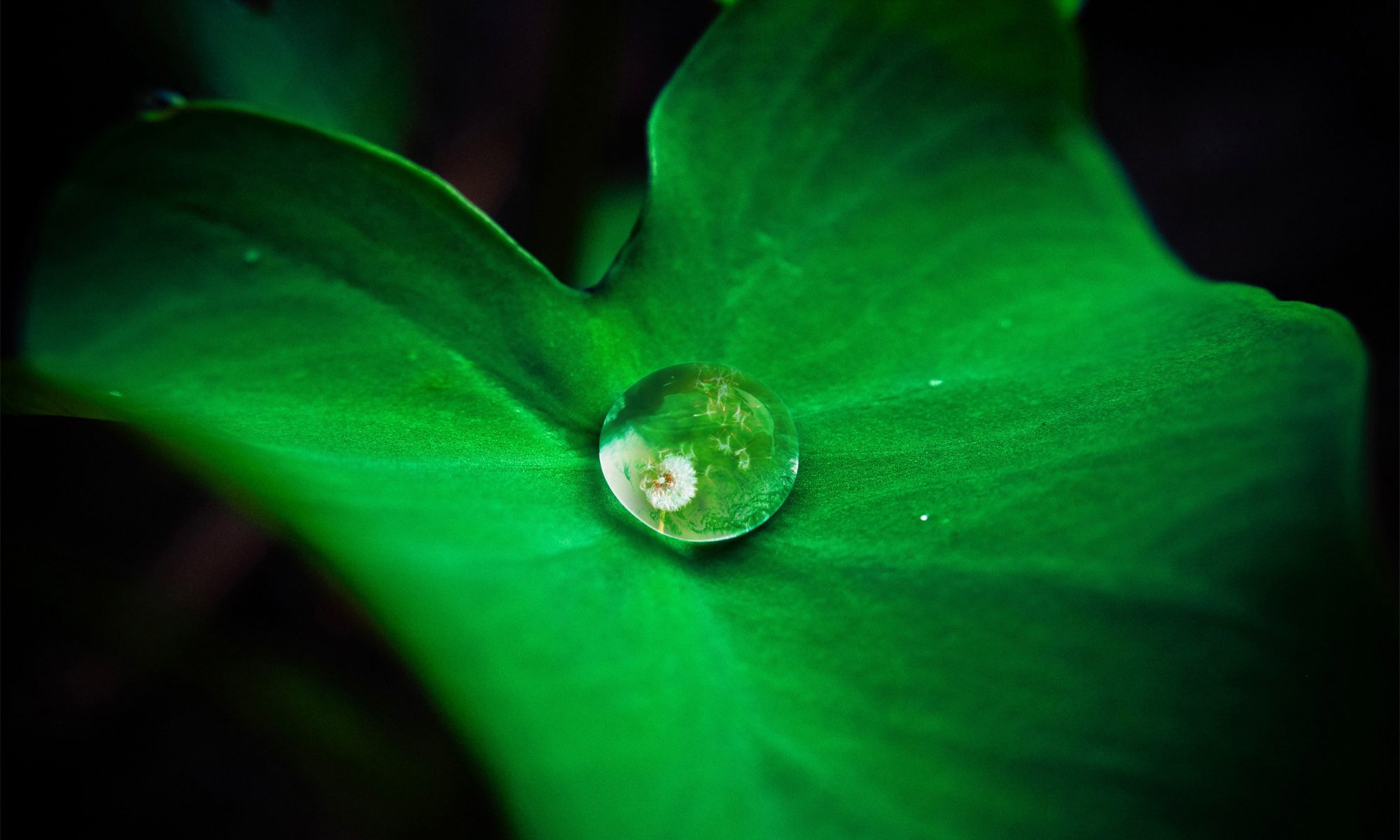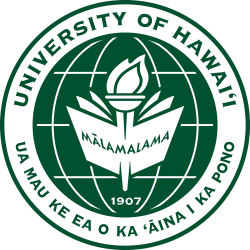 PhD Candidate, UH Mānoa History
PhD Candidate, UH Mānoa History
My research examines processes of environmental change under the French colonial state from 1842 to 1931. My interest spans the intersection of peoples, practices, discourses, and environments across New Caledonia, French Polynesia, and the New Hebrides (now Vanuatu). In this setting, competing interests and claims over nature in the Pacific drove and continue to drive environmental changes through the contested necessity of exploiting, conserving, or improving the environment by various means: the introduction of new plants, animals, land use patterns, resource regulations, or commercial practices. My study explores the contingency of ecological change as these various and shifting agents, such as settlers, bureaucrats, islanders, scientists, or merchants, asserted claims to property, access, or privileges, and as they employed or challenged the claims of science to universality or rationality in the production of modern environmental knowledge and policy. I examine how the state policy of employing naturalists and scientists to study pearls, forests, mining, cattle, coffee, and urbanization altered francophone Pacific commerce, environment, and future policy.
- “Pearl of the Empire: Conservation, Commerce, and Science in the Tuamotu Archipelago.” In Migrant Ecologies: Environmental Histories of the Pacific World, ed. Edward D. Melillo. Honolulu: University of Hawai’i Press, forthcoming.
- “At the Edge of an Empire: Plague, State, and Identity in New Caledonia 1899-1900.” Journal of Pacific History (forthcoming 2016).
- Review of France in the South Pacific; Power and Politics by Denise Fisher. The Contemporary Pacific 28 no.1 (2016).

